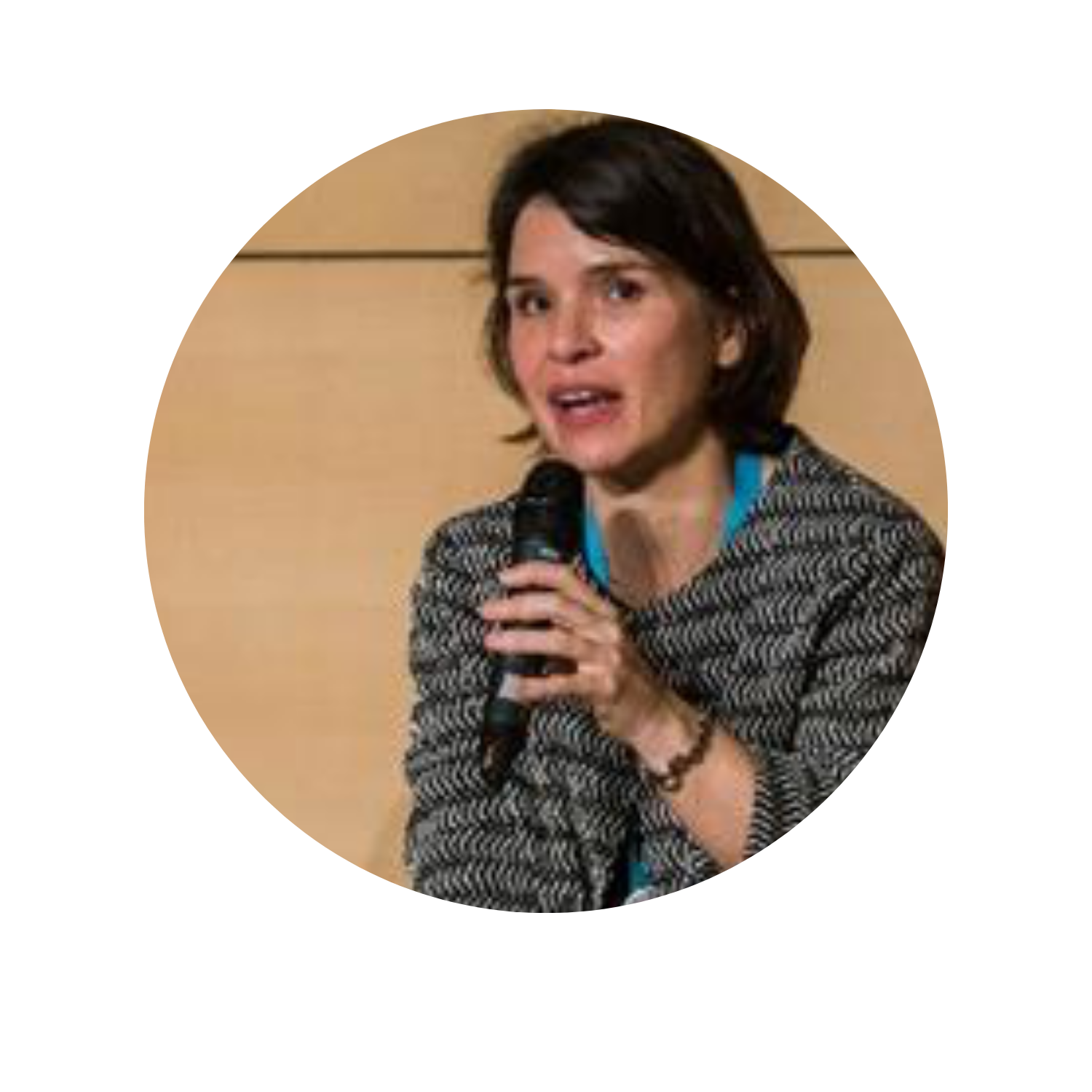Read the National Pilot Interview from Spain and explore all the progress of OSTrails pilot studies. Check the latest on their national activities and learn how they’re progressing with the integration of open science and research assessment. This month we had the pleasure of speaking with Diana Furcila and Pilar Rico – Castro from the Spanish Foundation for Science and Technology (FECYT).Enjoy!
"Our research ecosystem will be enhanced by standardizing Data Management Plans, improving metadata quality, and integrating automated tools for quality and content assessment. All these developments will improve the national alignment with the scientific FAIR principles, facilitate the collaboration between researchers at both national and international level, and impact the overall quality of Spanish scientific outputs."
-Can you briefly introduce your organisations? How do they contribute to EOSC?
The Spanish Foundation for Science and Technology, F.S.P. (FECYT) is a public foundation attached to the Ministry of Science, Innovation and Universities. Thanks to this collaboration, FECYT works to strengthen the link between science and society through actions that promote open and inclusive science, culture and scientific education, responding to the needs and challenges of the Spanish system of science, technology and innovation.
RECOLECTA, or Collector of Open Science, is the national aggregator of open access repositories. All Spanish digital infrastructures in which research results are published and/or deposited in open access are grouped together on this platform. Its focus is on facilitating metadata interoperability at the national level and providing access, visibility and impact to scientific research outputs. RECOLECTA provides several services to the national community of open access repositories such as metadata validation, metadata enrichment, quality assessment, harvesting, usage statistics, and a search engine.
Regarding EOSC, FECYT represents Spain at the EOSC Steering Board together with the Ministry of Science, Innovation and Universities, it participated in EOSC Future, and it belongs to several Open Science initiatives that will be part of the EOSC federated nodes like OPERAS AISBL and OpenAIRE. FECYT’s contribution to EOSC includes enhancing metadata quality and facilitating interoperability among repositories, which aligns with EOSC's objectives of promoting accessible and reusable research data.
-What are you most excited about in OSTrails? What are you looking forward to?
Scientific policies in Spain are still evolving, and our pilot in OSTrails aims to contribute to a more structured and measurable scientific approach aligned with international standards. Regulating Data Management Plans (DMPs), improving metadata quality, and developing tools for quality assessment and certification is a key action to the enhancement of the Research Data Management (RDM) practices and the scientific overall quality content. This is a basic requirement for Open Science policies to run smoothly.
Furthermore, this pilot will also enhance our own validation processes,and it will represent a guarantee that both metadata and content quality assessments evolve among standards in the European research ecosystem.
-How is planning, tracking and assessing research being realised in your country?
Beneficiaries of R&D projects from theNational Research Agency (AEI) must ensure that research results, including publications, data, software, and methodologies are available in open access and deposited upon publication in repositories according to Article 37 of Law 14/2011 (reviewed in 2022) and to Article 12 of theUniversities Spanish Organic Law 2/2023. These results must adhere to FAIR principles to facilitate validation and reusability. In addition, theNational Open Science Strategy (ENCA) calls for RDM to follow FAIR principles and foster open science practices at public R&D funding.
However, there has been no formal measurement of the implementation of these policies yet. This is where OSTrails national pilot will play a key role, by integrating FAIR principles into national systems and developing quality assessment criteria for DMPs in collaboration with the National Research Agency (AEI).
-Can you provide some details on your pilot's main actors, services and priorities? How will your pilot adopt the results of OSTrails?
Our pilot involves key actors, such as our national repository community -and their researchers- as well as the AEI. In collaboration with the AEI, we will first analyze the minimum quality criteria for Data Management Plans (DMPs) to be applied during the assessment process. To simplify the evaluation of DMP content, we aim to develop a natural language processing (NLP) tool for our funder, significantly reducing the administrative burden of research assessments. Additionally, the DMP content will be easily updated and monitored throughout the project lifecycle.
Next, we will validate and enhance the quality of DMPs through RECOLECTA’s metadata validation service. We prioritize developing a standardized DMP template based on ARGOS, validating DMP metadata, and linking DMPs to key research artifacts.
Our goal is to ensure that data is accessible, interoperable, and reusable across different systems and platforms. Improved technology will positively impact data repositories, enhancing national collaboration and integration into future broader initiatives.
Therefore, by adopting OSTrails results, we will establish a solid framework for national open access policies that align with international best practices.
-Ongoing activities and Next Steps?
Currently, we are in an initiation phase which includes an optimization of the technical infrastructure of our metadata validation tool while analyzing the main requirements of a DMP in our national environment. Meanwhile, we will collaborate with the AEI to also establish the DMP quality assessment criteria. These criteria will be integrated into the requirements for beneficiaries, and we plan to help researchers and institutionsby providing guidance on DMP FAIR principles and its content quality.
Looking ahead, our next steps also include the implementation of an NLP-based tool for automated DMP evaluation, which will help to reduce administrative burdens and offer additional benefits to the research community.



